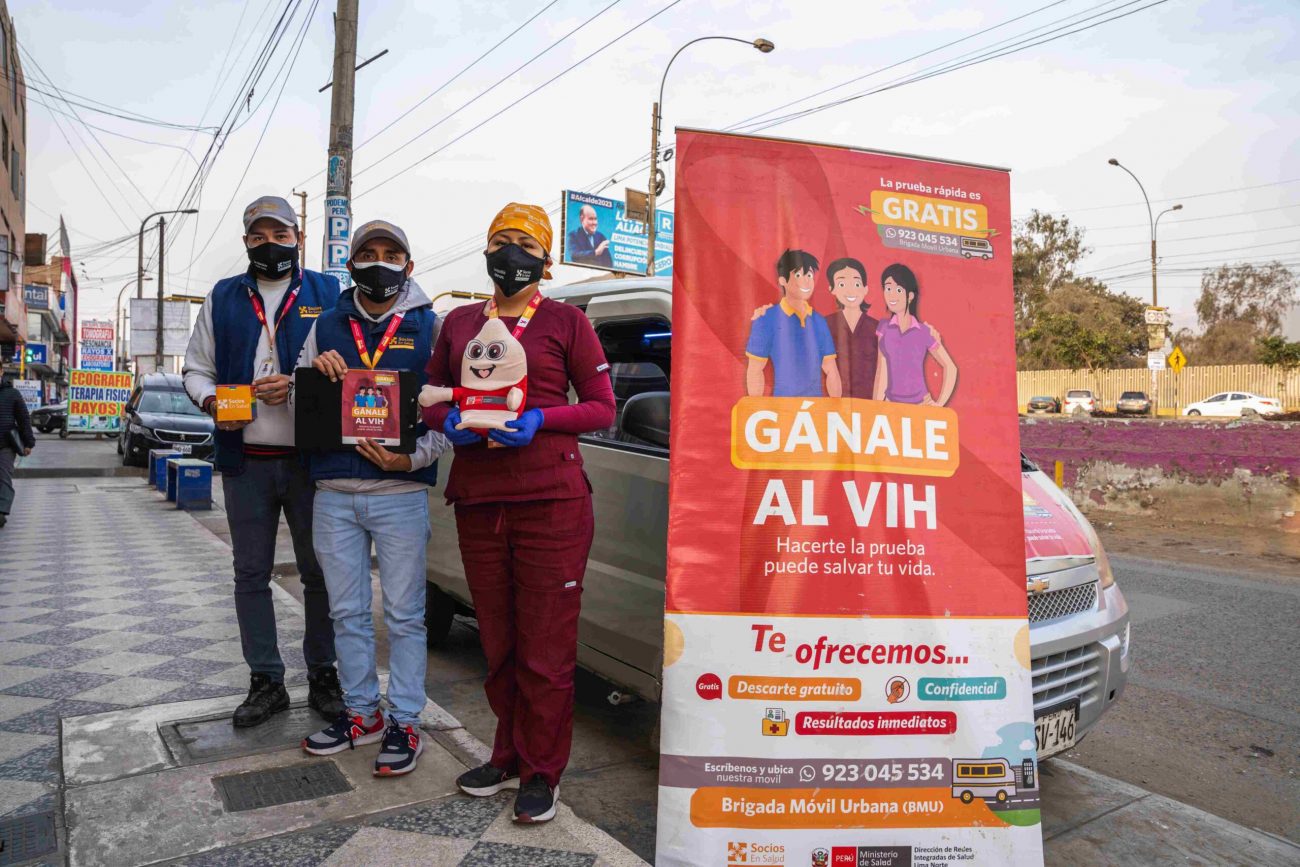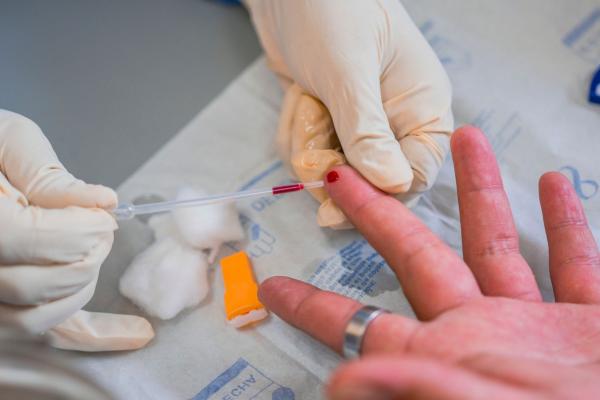The World Sexual Health Day is celebrated every September 4 thanks to the initiative of the World Association for Sexual Health (WAS), which seeks to promote an informed dialogue about sexuality and sexual rights, with the purpose of ensuring well-being in the physical, social, emotional and mental spheres.
It is also a key day to reinforce awareness about Sexually Transmitted Infections (STIs), which are transmitted from one person to another through sexual contact (vaginal, anal or oral) and can cause diseases caused by various agents such as viruses, bacteria or parasites. In addition, some STIs have the ability to be transmitted from mother to child during pregnancy.
According to the World Health Organization (WHO), every day more than one million people contract an STI, with most cases being asymptomatic. Currently, more than 30 types of STIs have been identified, and the most common are eight: Human Immunodeficiency Virus (HIV) infection, Human Papillomavirus (HPV) infection, syphilis, gonorrhea, chlamydia, herpes simplex, hepatitis B and hepatitis C.
Although many STIs can be treated with specific therapies and most of them should not be cause for alarm, myths and rumors persist due to the lack of knowledge surrounding this topic. Therefore, it is critical to address and refute five myths about STIs:
- If I don’t have symptoms, I don’t have STIs
Symptoms of STIs are highly variable. For example, if we are talking about a gonorrhea infection, symptoms usually appear after the second day in the case of men, whereas, in women, they are often asymptomatic. It is a different story in the case of syphilis, where symptoms may appear up to 90 days after infection.
The seriousness of this issue is not only the health problems associated with an STI not identified in time, but also the risk of infecting our partners because of this ignorance and by having sex without a condom. Therefore, in addition to timely and responsible communication with our partners, it is advisable to periodically perform an STI screening and not wait for symptoms such as vaginal or urethral discharge, genital lesions or lower abdominal pain.
According to Renato Errea, head of the SES HIV Program, it is advisable to have an STI screening at least once a year in sexually active people. For people with a higher risk, it is recommended to be screened more frequently, preferably every 3 months. In Peru, this includes, for example, men who have sex with men, transgender women and sex workers.
- If I live with HIV I will not be able to have a partner unless I also have HIV
Thanks to advances in science, a person living with HIV and responsibly following his or her antiretroviral treatment can become intrasmissible. This means that the viral load in his or her body is minimal, meaning he or she can no longer transmit HIV. When within a relationship one person is living with HIV and the other is not, this couple is called serodiscordant.
- It is not possible to have multiple STIs at the same time
It is entirely possible to get two or more STIs at the same time, because a previous infection can weaken the immune system and lower the body’s resistance to new infections. Symptoms such as open lesions, sores or eczema can facilitate the spread of various pathogens, so it is ideal to get tested to make sure multiple infections are not present.
- STIs are a teen and young adult issue
It is important to understand that while it is true that most cases of STIs are detected between the ages of 15 and 24 due to increased sexual activity, these infections can be contracted at any time in life. Therefore, it is essential to follow recommendations and take precautions at all ages, as STIs do not discriminate against age, gender, sexual orientations or ethnicity.
- Condoms are only for penetration, so I protect myself from STIs
Although they are an effective method of protection, their incorrect use may mean that they are not always a foolproof barrier against STIs. Condoms, whether male or female, provide protection during intercourse, but STIs can also be transmitted through anal sex, oral sex, acts prior to penetration or by skin contact in case the partner has skin lesions. That is why its correct use is recommended during all sexual intercourse and not only for specific moments.

Our contributions to sexual health care
According to the survey conducted by the AHF Peru Foundation (2021) among young people in Lima, Ica, Lambayeque, Loreto and Piura, only 14% of young men and adolescents always use condoms; in the case of women, the figure is considerably lower: not even 6 %. In Peru, approximately 91,000 people are living with HIV, and 99% of cases are attributed to unprotected sex.
In this sense, at Socios En Salud we work to strengthen diagnosis, treatment and linkage to the health system through our HIV Program. Our comprehensive approach focuses on clinical, psychological and social care based on prevention and care of sexually transmitted infections, from screening to treatment initiation and continuity of treatment.
Our goal is to prioritize care and ensure timely access to antiretroviral treatment for people living with HIV, mainly in high-risk groups living in poverty and vulnerability.
During 2022 we achieved:
- More than 8336 people accessed a screening for HIV detection, achieving that 31% (2757) of this population is performed for the first time the discard test.
- Through the mobile health brigades carried out in North Lima in men who have sex with men mainly and in Metropolitan Lima in transgender women, 60% of 140 people were linked to the Centers of Reference for Sexually Transmitted Infections and HIV/AIDS (CERITSS) to start antiretroviral treatment for HIV.
- Through the Closing Gaps project, financed by the Global Fund, coordinated with MINSA and CONAMUSA, and executed by Socios En Salud, 13 ART centers were implemented in ten regions of the country in order to strengthen the first level care service, provide counseling and mitigate the effects of COVID-19 on people living with HIV.
From Socios En Salud we will maintain our firm commitment to strengthen the capacity of sexual and reproductive health services in the search, detection, treatment and clinical follow-up of STIs and HIV/TB co-infection, ensuring that the advances of modern medical science reach those who need it most.
